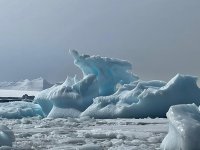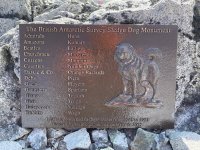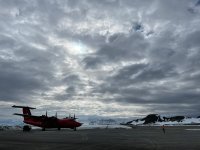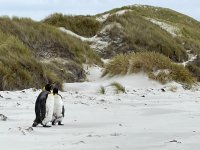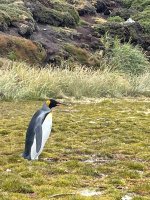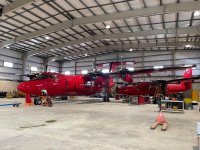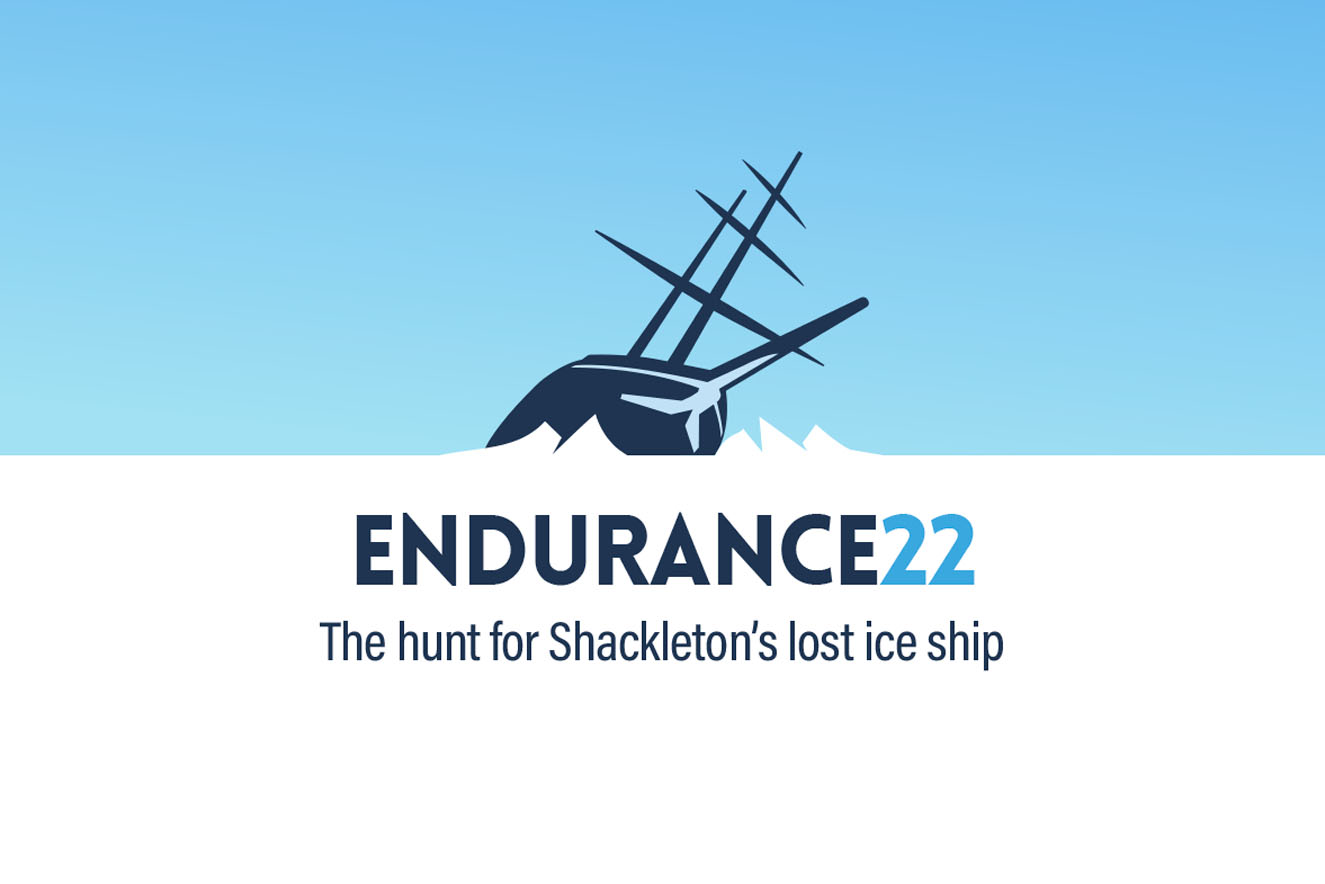A new one -
Antarctica’s Lost Aviator, the Epic Adventure to Explore the Last Frontier on Earth (Jeff Maynard, 2019)
https://www.goodreads.com/book/show/40554535-antarctica-s-lost-aviator
Lincoln Ellsworth, scion of a wealthy family, funded and participated in expeditions at the end of the golden age of polar exploration. He was essentially a deep pockets passenger during Amundsen’s unsuccessful 1925 attempt to fly to the north pole, a passenger Amundsen and Nobile’s successful dirigible flight over the north pole in 1926, funded a failed scheme to take a submarine under the north pole and, in the 1930’s, made four attempts to fly (er, sit in a plane) on a flight across Antarctica over the South Pole.
As the flyleaf notes “The main obstacles to Ellsworth’s ambitions were numerous; he didn’t like the cold, he avoided physical work, and he couldn’t navigate”
How that last attempt was successful makes for a marvelous if inept tale. Ellsworth, as “navigator” had no idea where they were. They lost radio contact after only a few hours. A flight planned to make less than 20 hours took 12 days. Ellsworth had elected to wear moccasins because he had found them comfortable on visits to the Grand Canyon and Death Valley.
The plane ran out of gas short of their intended destination at Byrd’s old Little America base. No problem, they had a sledge and provisions and tried several times to walk there. But did not think bring the tent, or binoculars, or Ellsworth’s glasses or the sextant. It took three attempts and nearly a week to make it to Little America, a trek that later took a rescue party 6 hours.
Still, a good read.

